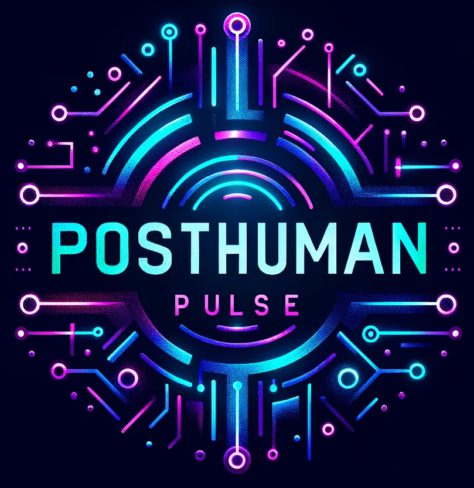Explore the profound impact of ChatGPT on personal communication and academic research, alongside its ethical challenges.
Artificial intelligence is taking monumental strides, becoming more than just a technological tool but a transformative force. Enter ChatGPT, OpenAI’s innovative chatbot that has captivated users by transforming personal communication and academic research. However, the promise of AI doesn’t come without its caveats, as privacy and ethical concerns continue to loom. This article explores how ChatGPT is revolutionizing communication and research while addressing the ethical dilemmas it presents.
The 12 Days of OpenAI: Unveiling the Future of AI
OpenAI has been at the forefront of AI innovation, and its “12 Days of OpenAI” event showcased a series of groundbreaking developments. This event revealed products like ChatGPT Pro, a subscription plan offering advanced features, and Sora, a text-to-video generator that pushes creative boundaries. OpenAI’s strategic expansion signifies a commitment to integrating AI further into daily life, offering tools that not only enhance communication but redefine it.
According to TechCrunch, “The event highlights OpenAI’s strategic product expansion and engagement with its audience” (TechCrunch Article). This series of launches cements OpenAI’s role as a leader in AI development, continually pushing the boundaries of what AI can achieve.
ChatGPT as a Personal Companion: Benefits and Risks
In personal spheres, ChatGPT is becoming more than just a chatbot; it’s emerging as a confidant and advisor. Users like Tim, as reported by The Guardian, have found solace in using ChatGPT for personal reflection, likening it to a therapist who doesn’t charge by the hour. Tim states, “ChatGPT is the perfect journal – because it will talk back” (The Guardian Article).
But wait, it gets better. This relationship also raises significant privacy concerns. Sharing personal data with an AI, no matter how advanced, comes with the risk of data misuse or breaches. Users must be aware of these risks, balancing the benefits of AI companionship with the need for safeguarding personal information.
AI in Academia: Enhancing Productivity or Compromising Integrity?
The academic world is experiencing a dual impact from ChatGPT. On one hand, it enhances productivity by aiding in writing, literature review, and data analysis. Nature discusses how researchers have utilized ChatGPT to streamline their workflow, potentially increasing their output (Nature Article).
This is where things get really interesting. Yet, this convenience is not without controversy. The ease of access to advanced AI tools like ChatGPT raises concerns about academic integrity, with fears of plagiarism and accuracy being compromised. This situation calls for a balanced approach, where the benefits of AI are harnessed without undermining ethical standards in research.
Impact & Implications of ChatGPT’s Developments
As ChatGPT continues to evolve, its impact on the AI landscape is profound. It represents a shift towards more interactive and responsive AI systems that are seamlessly integrated into personal and professional environments. The potential applications are vast, from enhancing productivity in workplaces to providing personal support in daily life.
However, challenges such as ensuring data privacy and maintaining ethical standards remain paramount. Future implications include the need for robust ethical guidelines and policies to govern AI use, ensuring its benefits are realized responsibly. As AI technology progresses, vigilance will be key in monitoring its impacts and adapting to new developments.
ChatGPT is redefining how we interact with technology, offering both unprecedented opportunities and ethical challenges. Users are encouraged to remain informed and cautious, embracing AI’s potential while safeguarding their privacy and ethical standards. Looking forward, establishing clear guidelines will be crucial to harnessing AI’s full potential responsibly.
“ChatGPT is the perfect journal – because it will talk back.” – User Tim (The Guardian Article)
“The event highlights OpenAI’s strategic product expansion and engagement with its audience.” – TechCrunch Article

